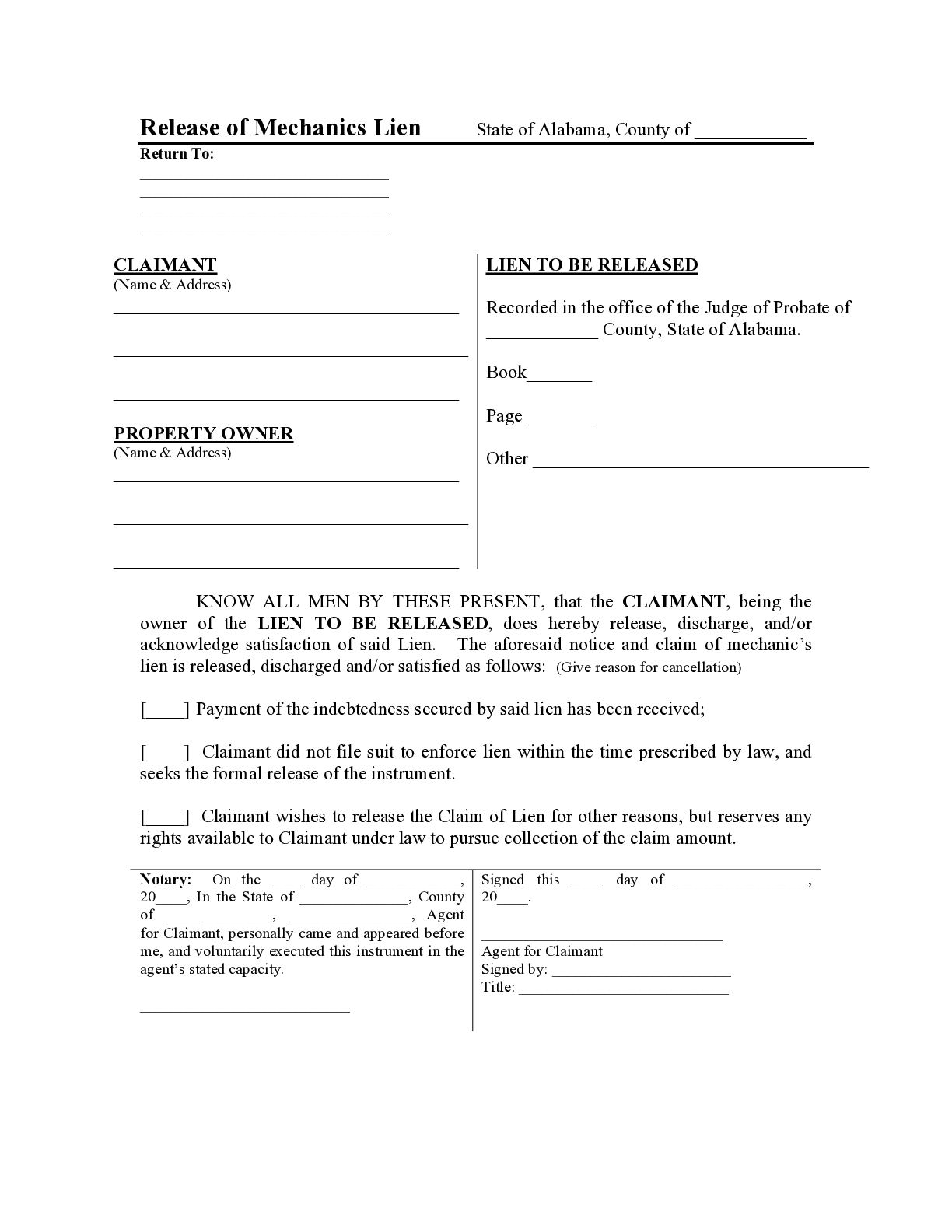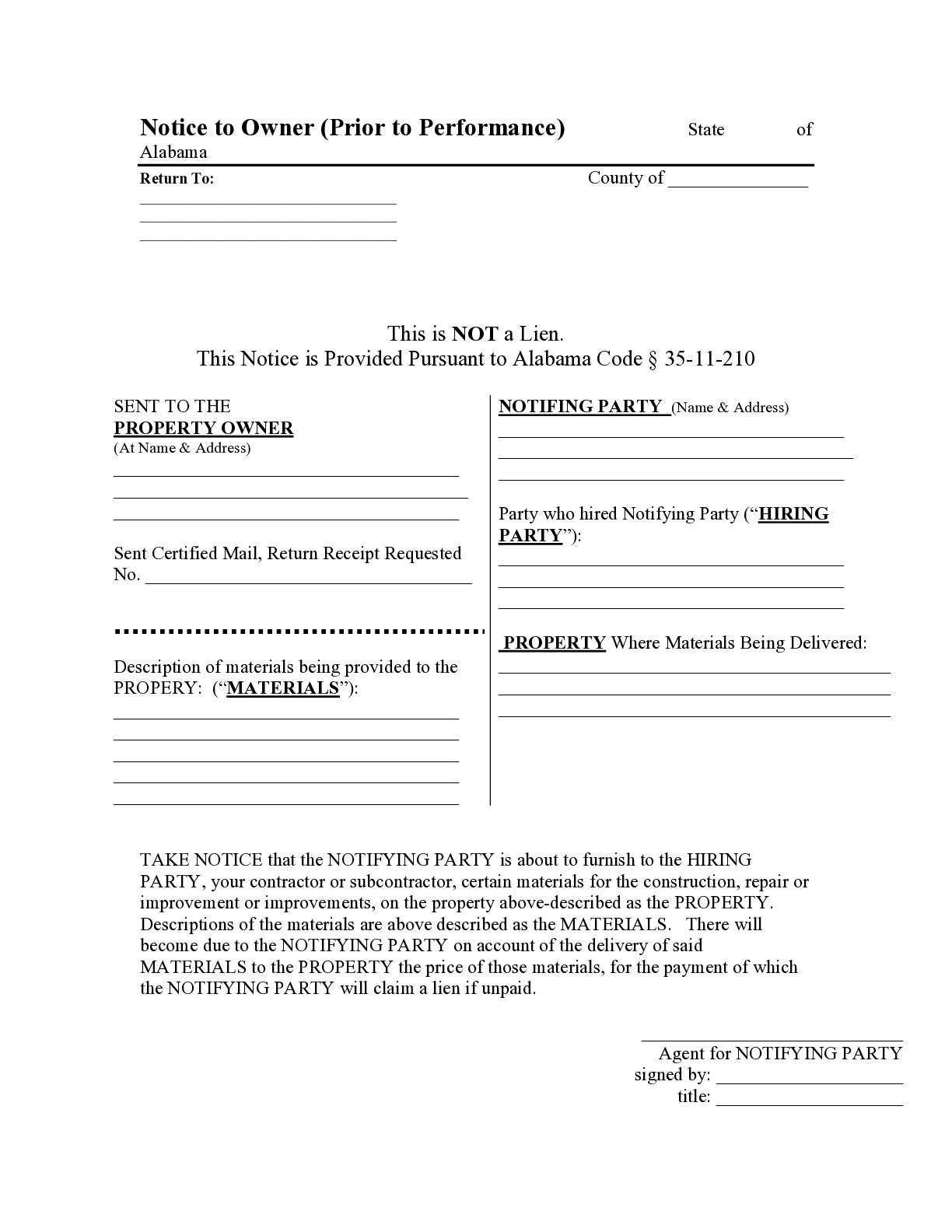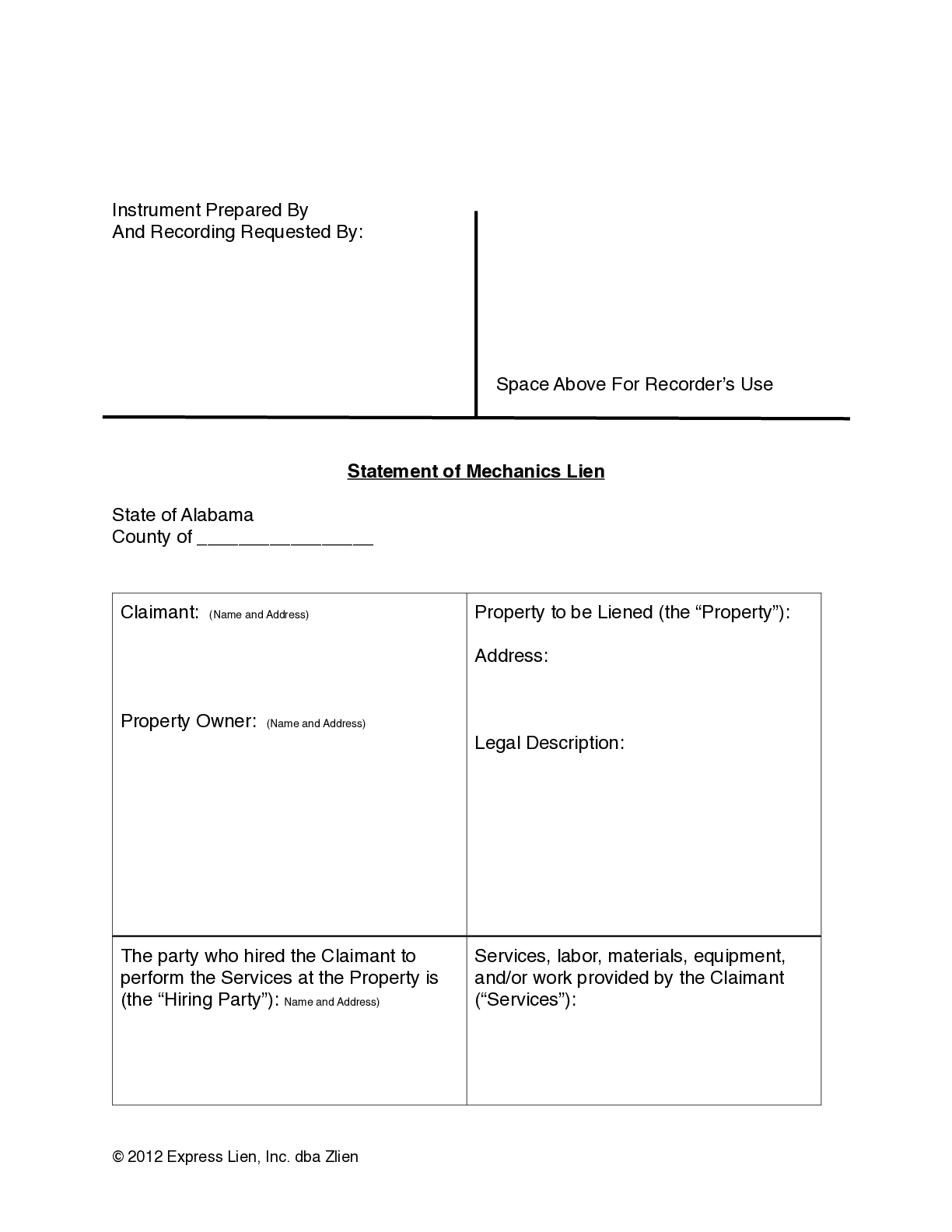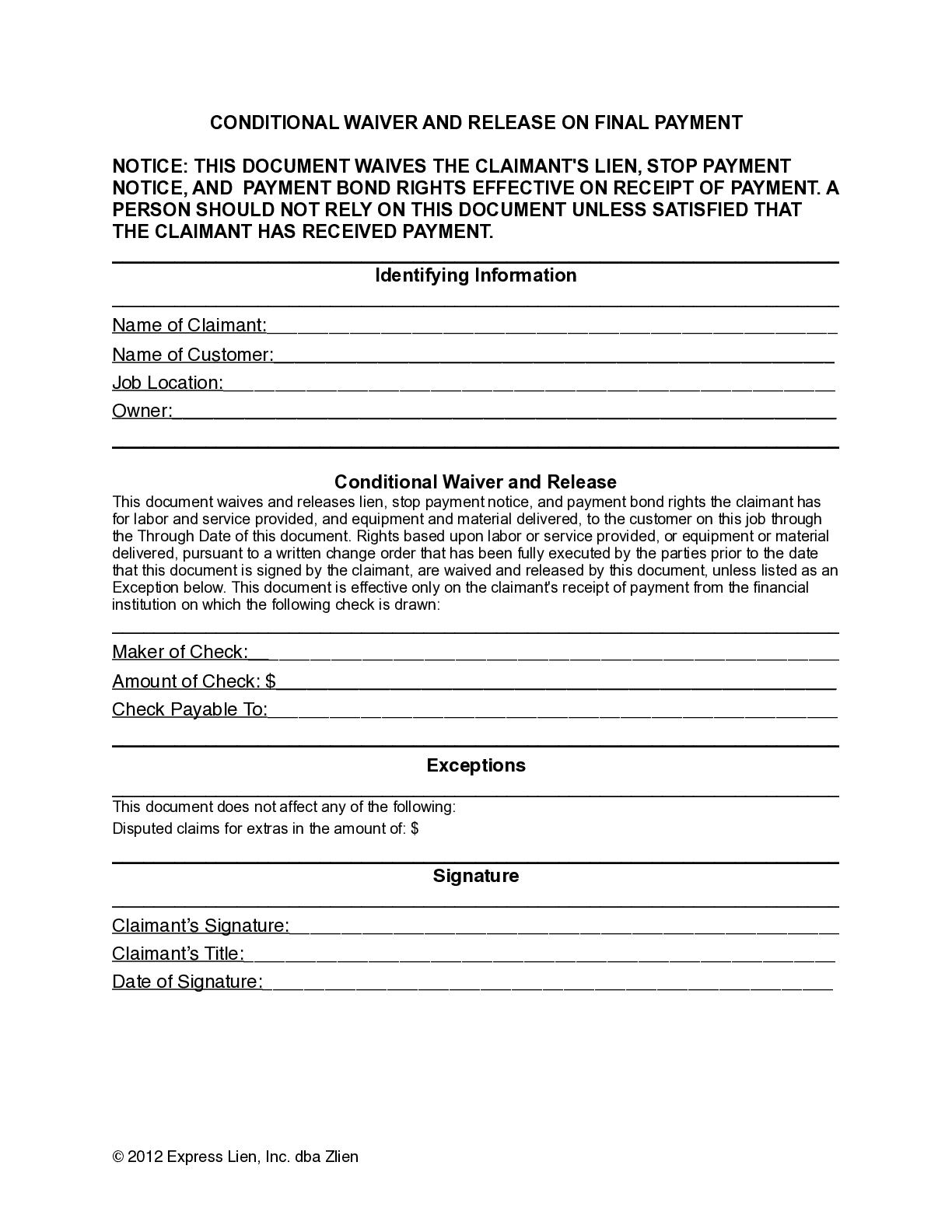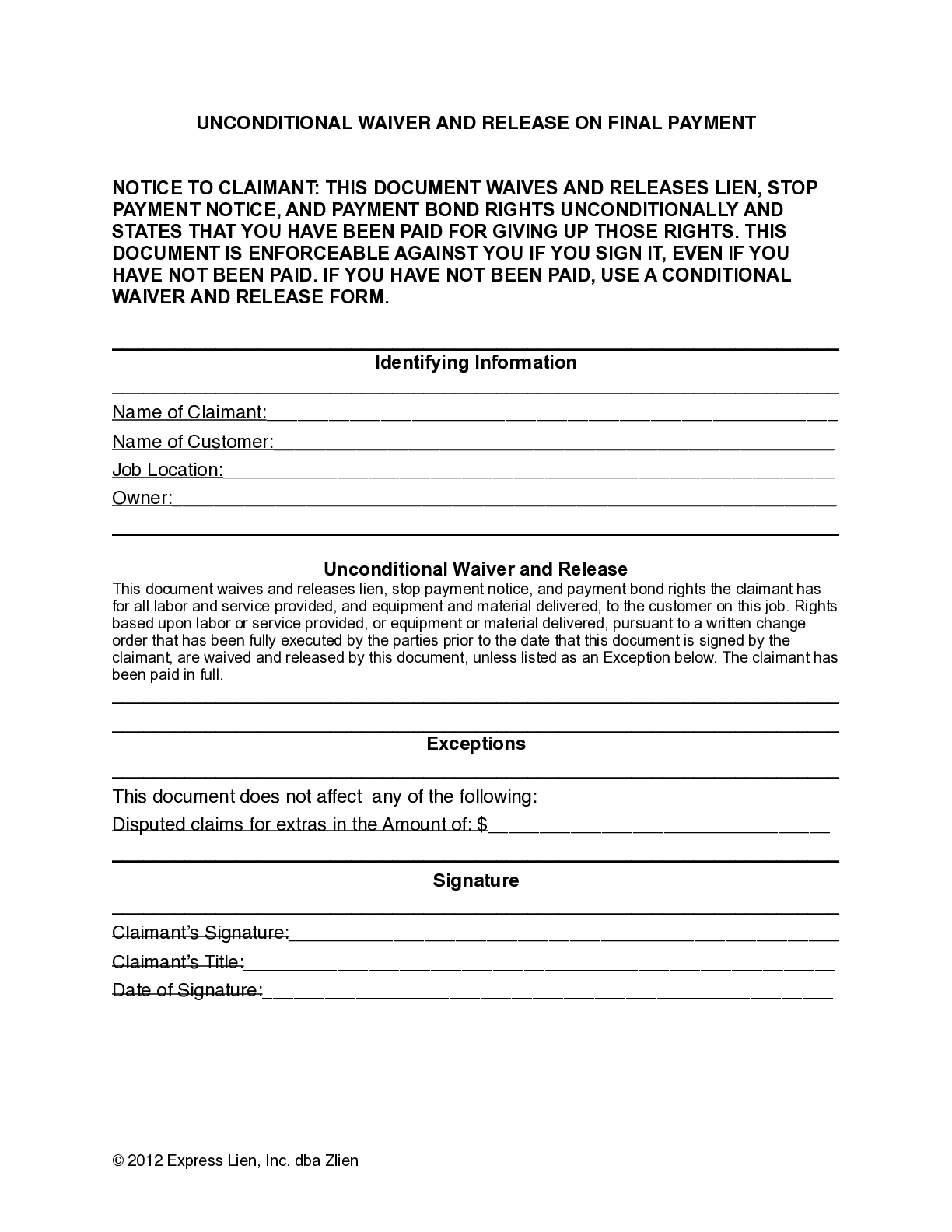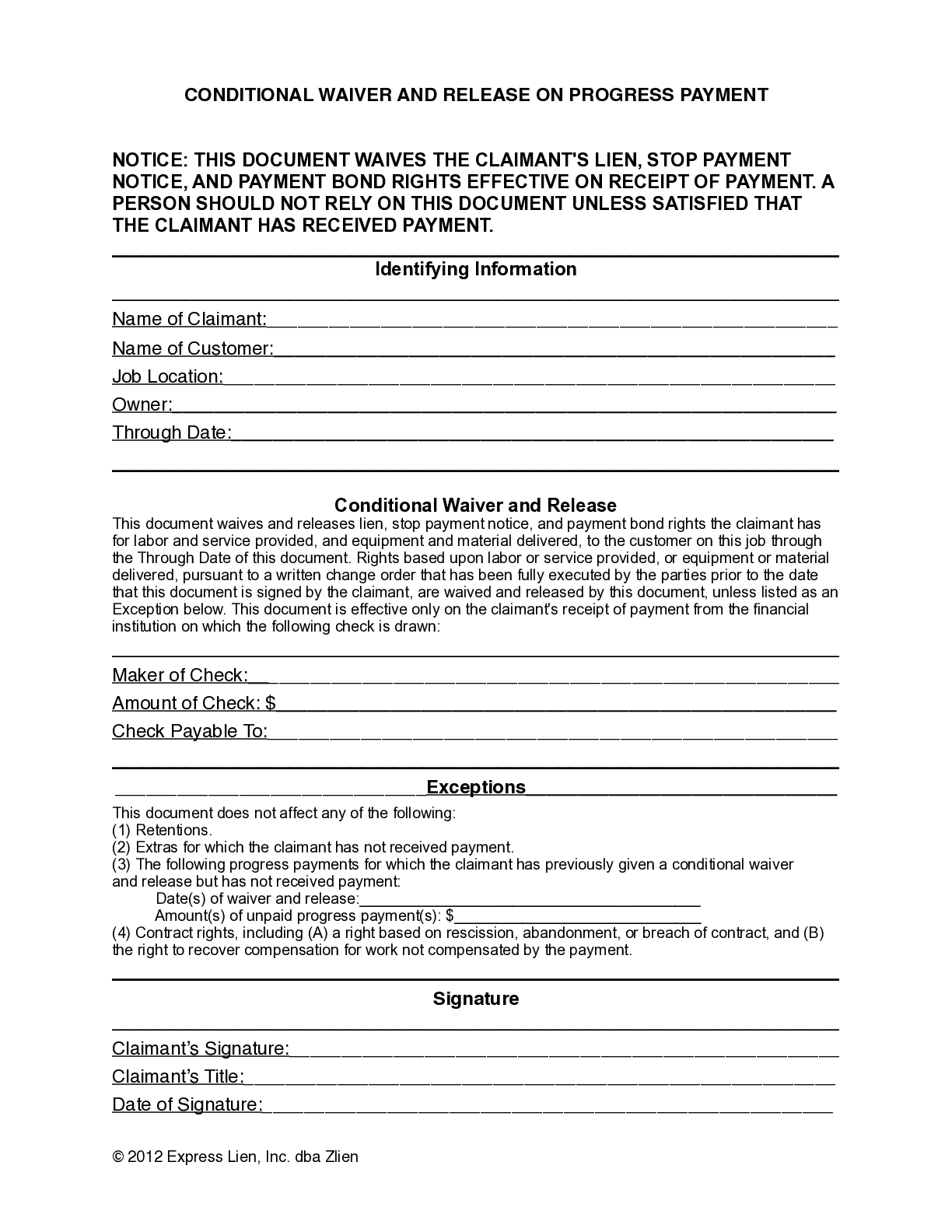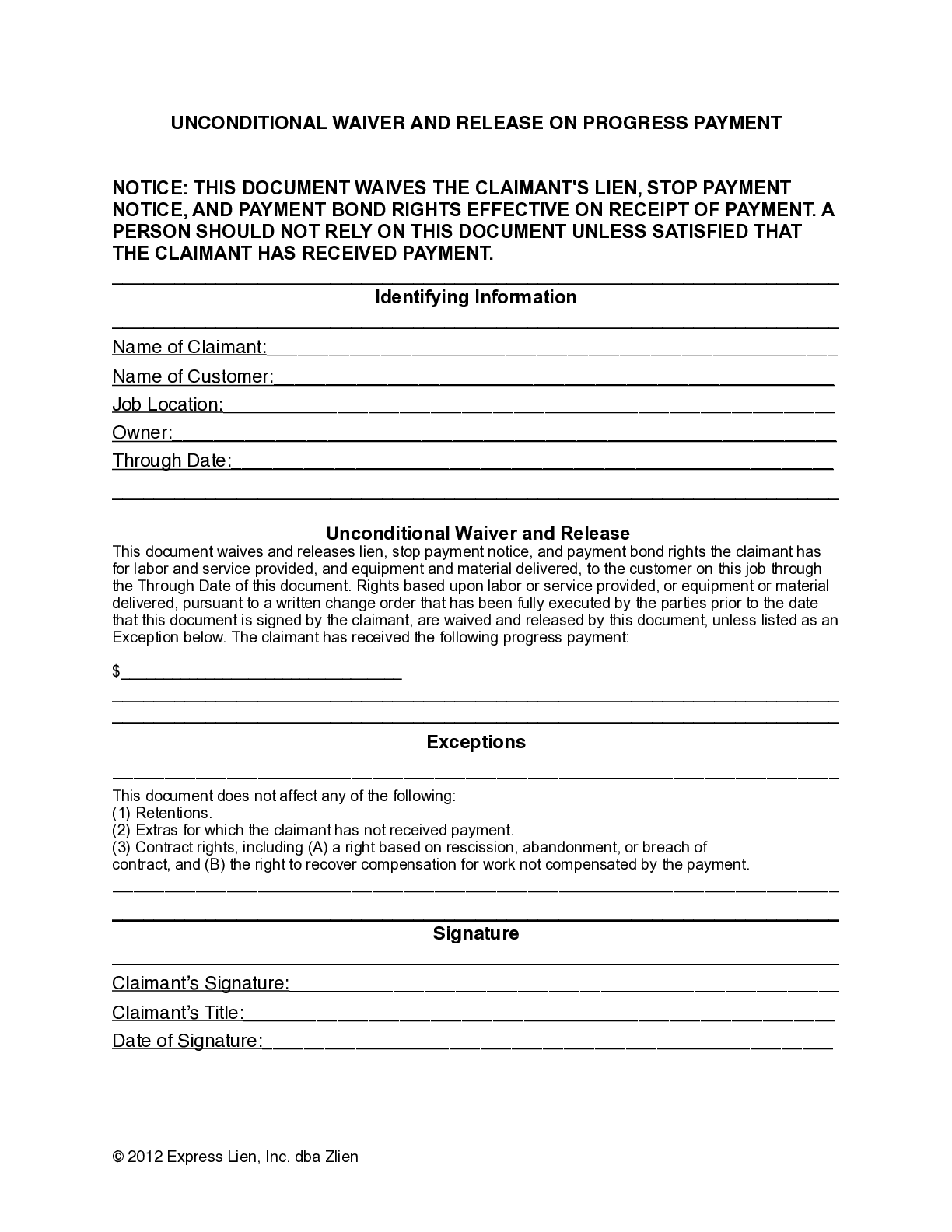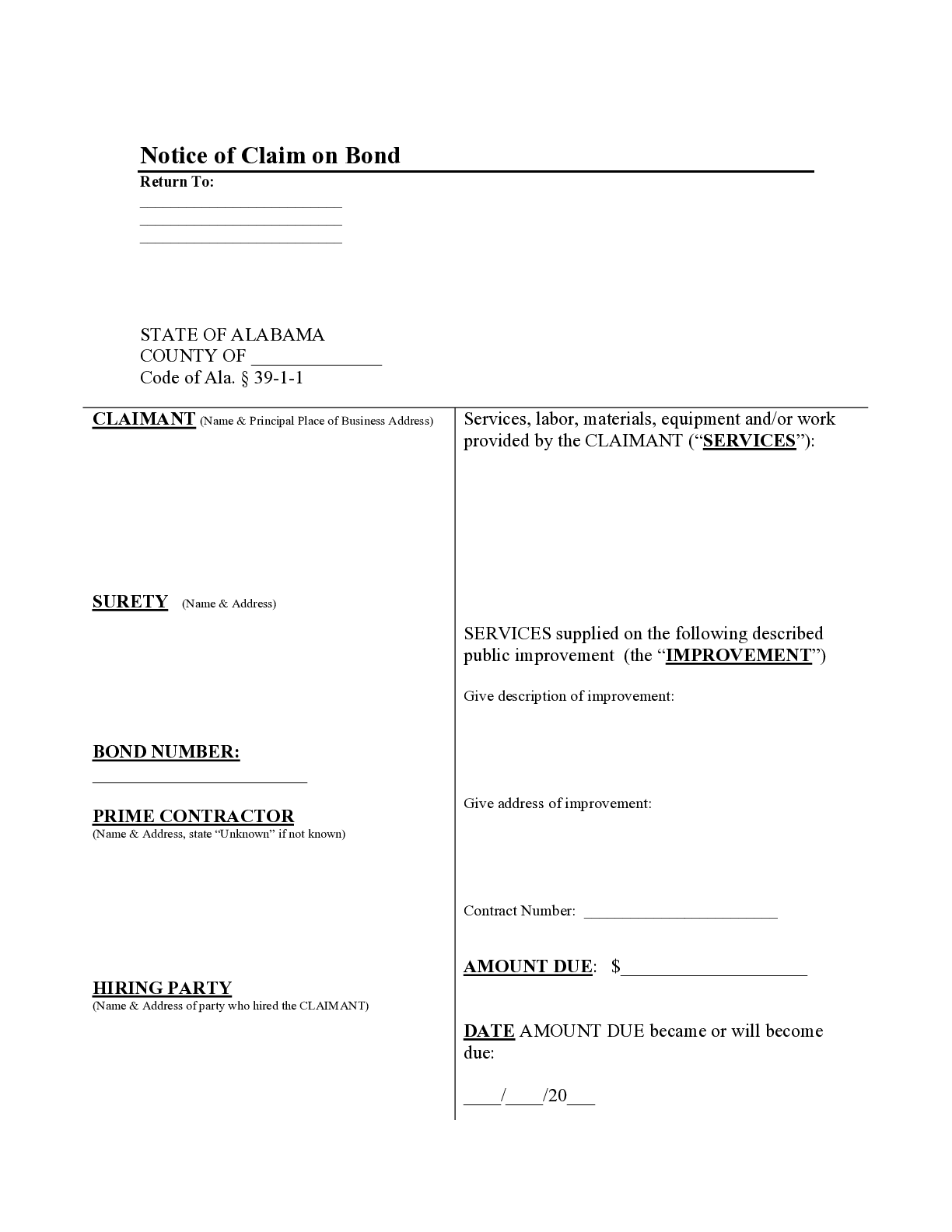Alabama Payment Terms Overview
- Private Projects
- Public Jobs
- Top Links
Pay When Paid Valid as Timing Clause
In Alabama, "pay when paid" langauge will only delay payment to a subcontractor for a "reasonable time." The contractor must eventually be paid, and wording such as “payment shall be made after payment to contractor” is not enough to create a "pay if paid" agreement. Fed. Ins. Co. v. I. Kruger, Inc., 829 So. 2d 732, 741 (Ala. 2002).
Pay If Paid Validity Not Specified, but Likely Enforceable
The validity of pay if paid clauses is not specifically clear in Alabama. However, case law suggests that a very explicit "pay if paid" clause is enforceable on private jobs. And, given the ability to waive lien rights through contract, and to modify the prompt pay provisions by contract, it seems likely that pay if paid clauses would be enforceable if clear.
Trust Fund Statute Does Not Exist
Alabama does not have a trust fund statute.
Retainage Limited to 10%
In Alabama, retainage is limited to no more than 10% of estimated amount of work. Additionally, the owner must release the retained amounts within 60 days after the completion of the work.
Payment Due to Subs/Suppliers in 7 Days
Generally in Alabama, payment must be made to subcontractors within 7 days of receipt of payment from above. Note, however that this can be modified by contract. Payment to GCs must be made within 30 days after receipt of request for payment, but this, too, can be modified by contract.
Lien Waivers Not Regulated
Lien waivers are not regulated in Alabama either with respect to form, or to process. In fact, Alabama allows parties to waive lien rights in their contract prior to furnishing labor or materials to the project at all. Accordingly, it is crucial for parties to review lien waivers to make sure they know what they are waiving, and when.
Pay when Paid Valid as Timing Mechanism
In Alabama, "pay when paid" langauge will only delay payment to a subcontractor for a "reasonable time." The contractor must eventually be paid, though, and wording such as “payment shall be made after payment to contractor” is not enough to create a "pay if paid" agreement. There is no difference in treatment between private and public jobs.
Pay If Paid Valid
While not specifically clear by statute, it appears that pay if paid clauses are enforceable in Alabama in at least some circumstances. Some case law suggests that a very explicit "pay if paid" clause would be enforceable on public jobs. Dicta from the Alabama Supreme Court in Federal Insurance Co. v. I. Kruger, Inc., 829 So. 2d 732 (Ala. 2002) noted that a situation in which "the circumstances clearly indicated that the subcontractor assumed the risk of nonpayment" likely by specific clear wording, would likely be enforceable.
Trust Fund Statute Does Not Exist
Alabama does not have a trust fund statute.
Retainage Must be At Least 5%
Before completion and acceptance of the project, retainage must be at least 5%. After 95% of the work is complete, withheld funds may be reduced to 125% of the estimated value of unfinished work.
Payment Due to Subs/Suppliers in 7 Days
Generally in Alabama, payment must be made to subcontractors within 7 days of receipt of payment from above. Note, however that this can be modified by contract. Payment to GCs must be made within 30 days after receipt of request for payment, but this, too, can be modified by contract.
Construction payment is highly regulated across the United States, including Alabama.
Property developers, contractors, and suppliers can enter into construction contracts and set the terms of their agreement, including payment terms. While some aspects of Alabama construction payment law are strictly controlled by statutory rules and regulations, much of the requirements surrounding construction payment can be modified by contract. This means that construction participants in Alabama should be very careful to make sure they read their contracts thoroughly and understand what they are signing. The time for payment, and even the potential right to payment itself can be modified by the clauses that may be included even in “standard” construction contracts in Alabama.
There are some key laws that regulate the construction payment process in Alabama, which include:
- Lien Rights Laws
- Preliminary Notices
- Lien Waivers
- Mechanic Liens
- Bond Claims
- Retainage Laws
- Prompt Payment Laws
And additionally, state statutes and case law frequently interpret how certain construction contract provisions should be interpreted, and whether the provisions should be allowed or not. Courts look to construction contract provisions and decide whether they are valid and enforceable, or, if they are invalid because they “violate public policy.”
When it comes to the payment terms set out in a construction contract, Alabama places a stronger emphasis on freedom of contract than it does on the rights of construction participants to get paid. Not only does Alabama allow pay if paid provisions to function as a condition precedent to potentially bar payment, Alabama also allows construction participants to waive lien rights in their contracts – even prior to performing work or furnishing materials to the project. It is crucial, therefore, for parties on Alabama construction projects to make sure they carefully read their contract and know what it says.
Likewise, Alabama has prompt payment statutes that set out baseline times in which payment must be made, but it allows parties to modify these requirements by contract. For the most part, Alabama allows parties to set the entirety of the payment provisions applicable to their work on a project through their own contract – payment “fairness” to be left to the devices of the contracting parties.
It’s important for everyone on a construction project to treat one another fairly. But, when it comes to signing construction contracts in Alabama, and exchanging payment applications, and eventually, payment…it’s important to know the rules of the game. This page provides a resource to you to really understand those rules.

